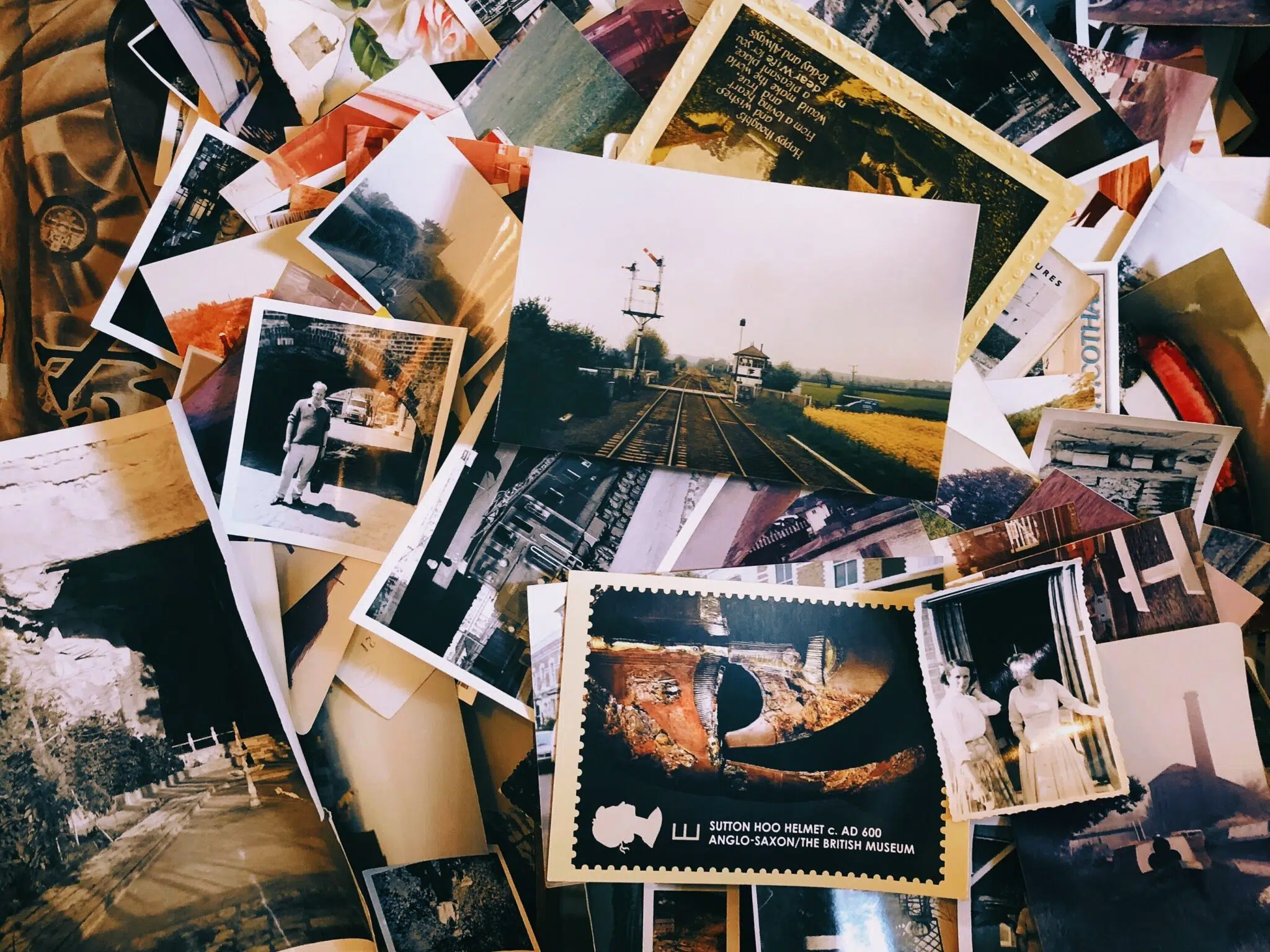A year ago, my husband and I were visiting our daughter, and the three of us made a quick trip to the Laura Ingalls Wilder Museum in Walnut Grove, Minnesota. My daughter may have read one or two of the Little House books as a child, but didn’t have much association with the author, so she found it amusing when my husband and I vocalized our excitement as we drove over Plum Creek.
At the museum, Roger and I rushed through to the exhibits about the Little House on the Prairie TV series. We gawked at the prop fiddle that Pa played on the show, lingered in front of the photo displays, stood transfixed watching a scene play out on the TV in the corner, the scene where Pa has to complete his job of moving heavy sacks of seeds despite his broken ribs.
We recognized, of course, thanks to the bemused look on my daughter’s face, how incredibly corny that scene was (what with the overacting and the swelling dramatic music) but Roger and I didn’t care. We were back in our living rooms in the 1970s, lying next to our siblings on our respective green and gold carpets arguing over who had to get up and turn up the volume.
When I was a kid, they used to take my elementary class to the nearby “old folks’ home” to sing for them songs like Bill Bailey, Won’t You Please . . . Come Home? and My Blue Heaven. I’d watch as the residents’ faces lit up, and I could almost see them disappear into the past. Those songs were like a time machine. I think that’s partly why I became so interested in the study of history; I wanted to time travel, too.
And now the things we loved as young people are sitting in museums collecting dust, and our children simply find them (and us) comical. The movies we loved are outdated, the clothes we wore are now costumes, the slang we used is suddenly laughable. Children today find it fascinating that I grew up in a house without a single computer, or smart phone, or microwave. They’ve never heard of Johnny Carson, or Linda Ronstadt, or Walter Cronkite. Their world bears very little resemblance to the one in which I was raised.
I know it’s always been that way and always will be. I know there are inside jokes that will only mean something to people of a certain generation, and beloved items that will never make it into the museums, and collective memories that will simply fade away when we do, rather than standing the test of time. And that’s okay. It’s as it should be.
But it was generous of my daughter to permit us to bring her on a journey to the days of our childhoods, fleeting though they were. It was kind of her to listen with genuine interest when I told her how every member of my family cried during the episode where Mary lost her eyesight, or when my husband, who never remember names, pointed out the main characters in a cast photo by their onscreen names.
It’s true that not everything that matters to us matters to everyone.
It’s also true that some of the things that matter to us won’t matter for long.
And we can’t expect the things that mattered to us to matter to the young people today.
There are days when knowing all of that brings on the melancholy. That’s just part of being human.
But there are also days when remembering is enough.
I’m grateful to my daughter for gifting us the space that day to just remember.
If you like this post, please share and credit Teresa and Bursts of Brilliance for a Creative Life blog



